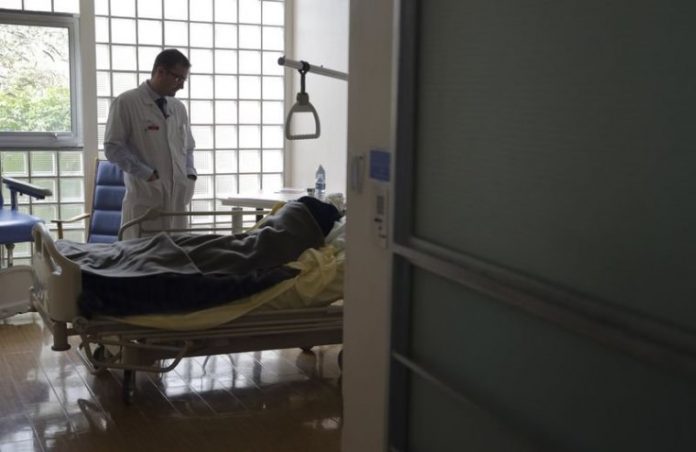Bioethicists who support the death with dignity movement argue that using treatments to extend people’s lives is less favorable for societies that would benefit from legalizing assisted suicide.
In the current edition of Clinical Ethics, an article titled “Counting the Cost of Denying Assisted Dying” by David Shaw and Alec Morton, both of whom work at the Institute for Biomedical Ethics at the University of Basel, Switzerland, say they support the legalization of euthanasia because, in their opinion, it would increase people’s “quality-adjusted life years” by assisting them in ending their life after they’ve been diagnosed with an illness or incurable disease.
The assumption is that quality-adjusted life years are to be valued more than longevity, because generally speaking, most people are relatively healthy and able-bodied before their older years when sickness, disease, and injuries are more likely to occur. This point of view sees suffering as something that must be avoided and ended quickly by euthanasia or assisted suicide.
Morton and Shaw argue that one of the benefits of euthanasia is that medical equipment and treatments can be used on healthier patients instead of those who are terminally ill and have a shorter life expectancy. They write: “resources consumed by patients who are denied assisted dying could instead be used to provide additional (positive) quality-adjusted life years for patients elsewhere in the healthcare system who wish to continue living and to improve their quality of life.”
They added: “[O]rgan donation may be an additional potential source of quality-adjusted life years in this context. … Taken together, the cumulative avoidance of negative quality-adjusted life years and gain in positive quality-adjusted life years suggest that permitting assisted dying would substantially benefit both the small population that seeks assisted suicide or euthanasia, and the larger general population. As such, denying assisted dying is a lose–lose situation for all patients.”
The idea that euthanasia and assisted suicide are beneficial to societies has been showcased prominently in medical literature and ads directed at patients in urgent care waiting rooms. It represents a shift in medical systems that no longer prioritize the preservation of life, particularly in western countries.
Many now favor the opinion that human beings are fully autonomous individuals who have the right to die at the time of their choosing. Concurrent with prioritizing the self-will of the individual in this sphere are considerations about cost-benefit analyses in healthcare systems.
SOURCE: Christian Post, Brandon Showalter
All Content & Images are provided by the acknowledged source
